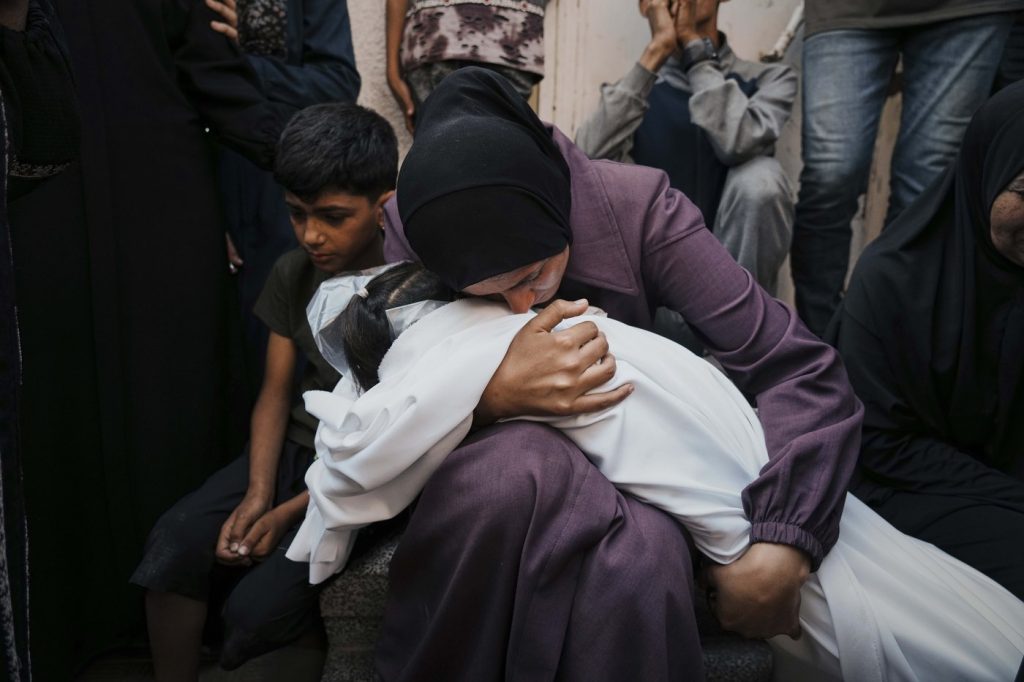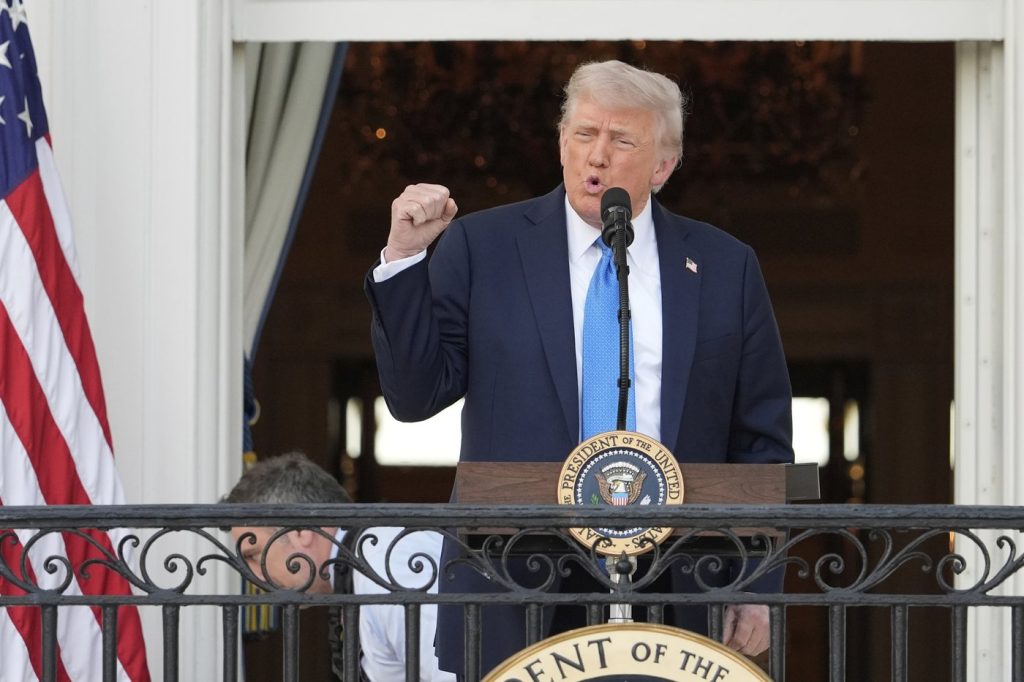On Wednesday, the United States exercised its veto power in the U.N. Security Council against a resolution that called for an immediate and permanent ceasefire in Gaza. The U.S. justified its veto by arguing that the resolution was not tied to the release of hostages held by Hamas, which they claimed could empower the militants further.
The resolution received unanimous support from all 14 other Security Council members, who described the humanitarian situation in Gaza as “catastrophic.” It urged Israel to lift all restrictions on the delivery of aid to approximately 2.1 million Palestinians living in the territory. However, the resolution failed to meet two additional U.S. conditions: it did not condemn Hamas’ brutal attack on Israel on October 7, 2023, which marked the beginning of the current war, nor did it insist that Hamas be disarmed and withdraw from Gaza.
Acting U.S. Ambassador Dorothy Shea stated that the resolution would undermine the security of Israel, a close U.S. ally, and disrupt diplomatic efforts aimed at achieving a ceasefire that reflects the "realities on the ground." U.S. Secretary of State Marco Rubio echoed this sentiment, saying that Hamas could end the conflict immediately by releasing the hostages and ceasing its militant activities.
In response to the U.S. veto, Israel’s U.N. Ambassador Danny Danon expressed gratitude, emphasizing that the resolution's failure to condition a ceasefire on the release of hostages would have unfairly increased pressure on Israel and afforded Hamas additional leverage.
However, the veto drew sharp criticism from the other members of the Security Council, who accused the United States of granting Israel impunity. The Chinese ambassador remarked that Israel's actions had crossed “every red line” of international humanitarian law, citing U.S. protection as a barrier to accountability for these violations. Britain’s U.N. Ambassador Barbara Woodward also criticized Israel’s military actions as "unjustifiable" and "disproportionate."
Pakistan's Ambassador Asim Iftikhar Ahmad condemned the U.S. veto as a form of complicity in ongoing violence and suffering, stating that it was a moment where the international community expected decisive action. Slovenia’s U.N. Ambassador, Samuel Zbogar, clarified that the resolution was intended to address the humanitarian crisis and not to provoke a veto, underscoring the immorality of causing immense suffering to civilians.
The Palestinian U.N. Ambassador, Riyad Mansour, stated that Palestinians will seek to mobilize international support to pressure Israel to withdraw from Gaza, citing an impending Israeli plan to displace their community further. He pointed out that the Palestinians would take their humanitarian-focused initiatives to the General Assembly, which lacks vetoes but reflects global opinion.
The U.S. veto marks a continuation of its pattern in relation to resolutions on Gaza, having previously rejected similar proposals under the Biden administration in November 2023 due to their failure to directly link ceasefires to the release of hostages.
The humanitarian crisis in Gaza continues to escalate as the region faces limitations on food and medical supplies due to ongoing military operations. The Israeli government, backed by the U.S., has implemented a new aid distribution strategy to prevent Hamas from appropriating humanitarian assistance. The United Nations has criticized this approach, asserting that its previous distribution methods were effective and adequately monitored.
The war, which began following a Hamas-led attack on Israel on October 7, 2023, has resulted in significant casualties, with around 1,200 Israelis killed and 251 abducted. Reports indicate that over 54,000 Palestinians have been killed during the conflict, predominantly women and children, as per the Gaza Health Ministry, which operates under the Hamas-run government.
As the situation develops, the international community remains divided over how best to address the humanitarian plight in Gaza and the ongoing violence in the region.












